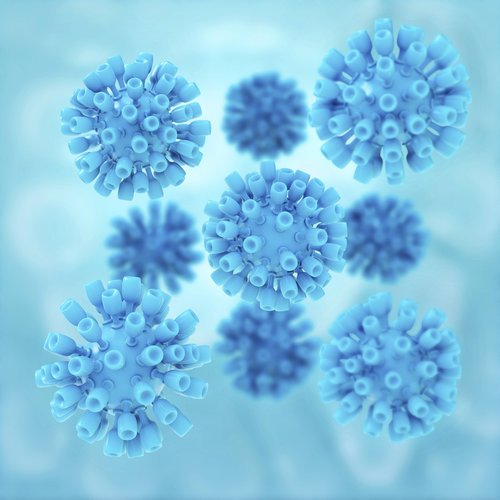What is HPV?
Human papillomavirus (HPV) is a group of over 100 viruses, of which approximately 40 types affect the anogenital region and approximately 13 of these are considered “high-risk”, and can be associated with various cancers. HPV is transmitted through sexual contact, and it is in fact the most common sexually transmitted infection with over 75% of people becoming infected at some point in their life. Most HPV infections clear naturally, without a person even knowing they have it. However, some high-risk infections that persist over time, often a decade or more, may cause anogenital and oral cancers. Low risk HPV types, are not associated with cancer, but can cause genital warts.
HPV related disease and cancers are almost entirely preventable using: 1) primary prevention through vaccination against HPV infection and 2) secondary prevention through screening for cancer, such as cervical cancer screening
Learn more about our global team of leaders working to reduce HPV associated cancers and disease here.

